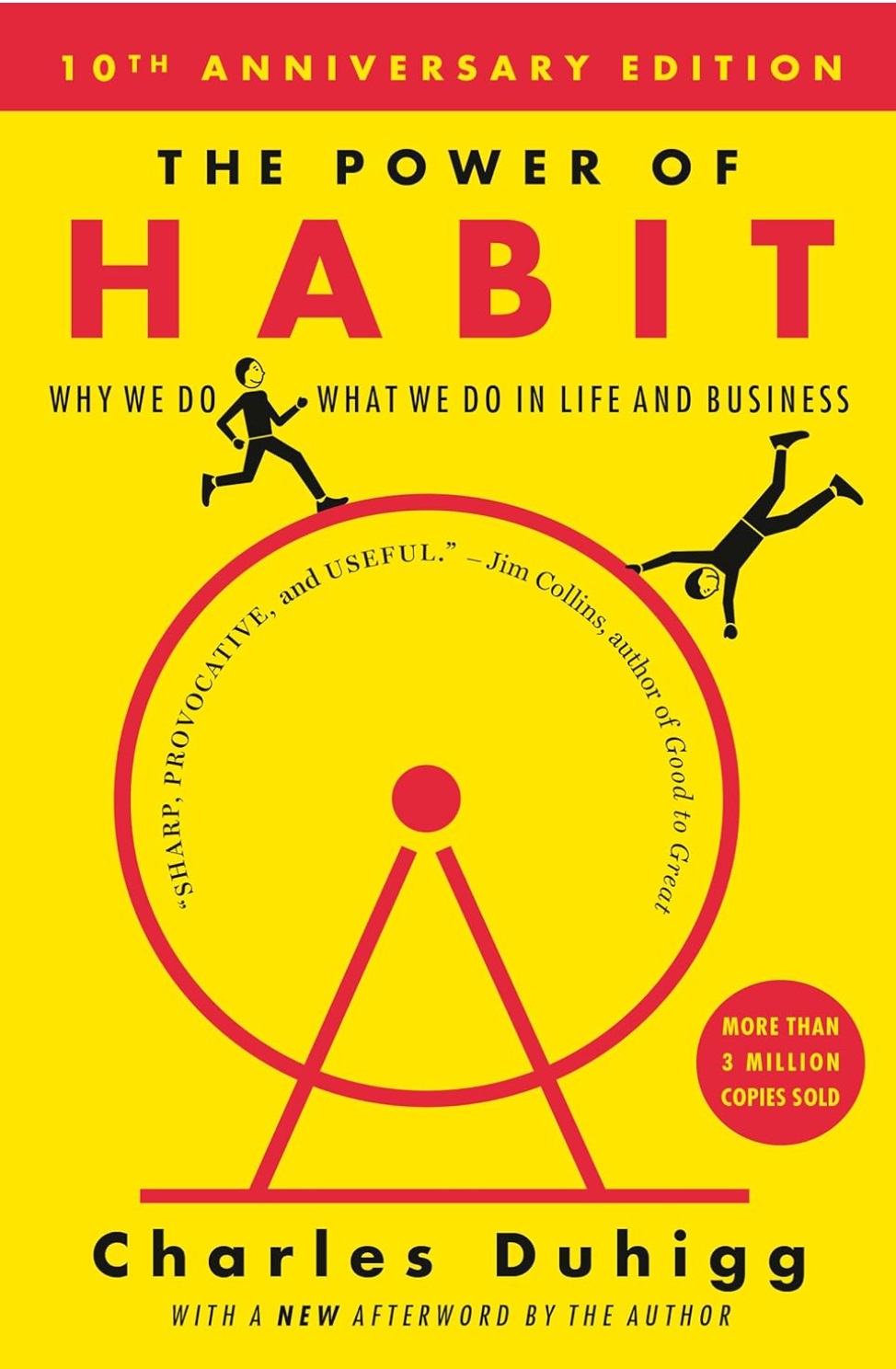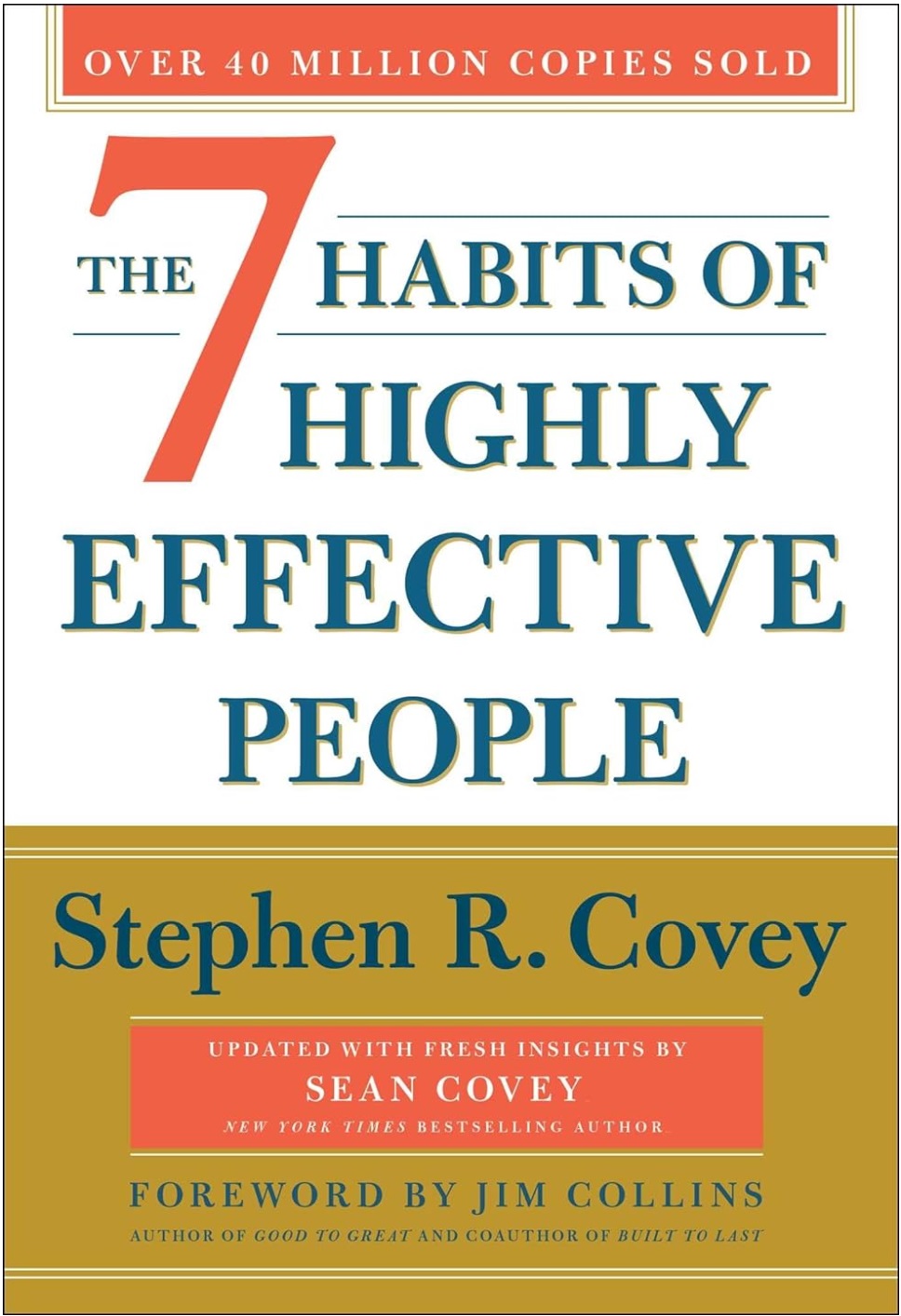- KEY POINTS
- Simple daily actions, like morning walks or journaling, keep energy and focus high.
- Showing up every day, even for short periods, builds resilience and strengthens focus.
- Acknowledge small achievements to fuel long-term motivation and stay engaged with your goals.
Staying motivated and focused can sometimes feel like an uphill battle, especially when life’s distractions and responsibilities pile up. I’ve found that establishing daily habits to nurture my mindset and maintain clarity has made a significant difference.
Motivation isn’t something that magically appears; it’s built through consistent actions and intentional routines. In this post, I’ll share some simple but effective daily habits that help me stay on track and avoid burnout.
By the end of this, I hope you’ll feel inspired to create small shifts in your day that promote focus and long-term motivation. Even small, repeated actions can lead to noticeable improvements in productivity and mindset over time.
Table of Contents
ToggleStart the Day with Intention
One of the most impactful changes I’ve made is starting my day with intention. Instead of rushing straight into tasks or reaching for my phone, I take a few quiet moments to set a tone for the day. This could be through journaling, meditation, or simply sipping my coffee while reflecting on my priorities.
When I skip this step, I often notice how quickly the day slips away without feeling fully present. But when I intentionally ease into my morning, I feel more grounded and ready to tackle what’s ahead. Even five minutes of quiet reflection or deep breathing can shift my mindset and improve my focus for the entire day.
Reflective Question:
- How do you usually start your day? Is there one small habit you could add to make mornings more intentional?
Create a Simple, Achievable To-Do List
Overcomplicating my to-do list used to leave me feeling overwhelmed and unmotivated. Now, I focus on writing down just three main priorities for the day. This helps me feel more in control and gives me a sense of accomplishment when I complete them.
I often break larger tasks into smaller steps, which makes them feel less intimidating. For example, instead of listing “Write blog post,” I’ll write “Outline blog post” or “Write 300 words.” This makes it easier to take action and reduces the urge to procrastinate.
At the end of the day, I reflect on what I accomplished and what needs to be carried over. This simple habit keeps me focused without feeling bogged down by an unrealistic list of tasks.
Reflective Action:
- Choose three key tasks for tomorrow. How can you break them down into smaller, more manageable steps?
Incorporate Movement Breaks Throughout the Day
Staying physically active, even in small ways, has been a game-changer for my focus and energy levels. I used to sit for hours at my desk, but I realized that stepping away for a quick walk or stretch helps reset my brain and keeps motivation high.
Now, I schedule short movement breaks every hour. Sometimes it’s as simple as standing up to stretch or walking to grab a glass of water. On days when I feel stuck, I’ll head outside for a brief walk to clear my head. These small breaks make returning to work easier and often lead to fresh ideas.
Personal Example:
- One afternoon, I felt completely drained while working on a project. I decided to step outside for a ten-minute walk. By the time I returned, I had a clearer perspective and was able to finish the project much faster than before.
Reflective Question:
- How often do you take breaks during your workday? What type of movement could you add to help reset your focus?
Shift Your Mindset with Positive Affirmations
I’ve learned that how I speak to myself directly influences my motivation and focus. On days when I feel stuck, repeating positive affirmations helps reframe my thoughts. It might sound simple, but affirmations like “I am capable of achieving my goals” or “I am making progress every day” help shift me into a more positive mindset.
Affirmations are most effective when I pair them with deep breaths or visualization. When I visualize myself completing a task or staying calm under pressure, I feel more empowered to keep going. Over time, this habit has become a powerful tool in my mental toolkit.
If negative thoughts start to creep in, I immediately counter them with a positive statement. This small habit has transformed the way I approach difficult tasks, making them feel more achievable.
Reflective Question:
- What’s one negative thought you often experience during the day? How could you reframe it with a positive affirmation?
Protect Focus by Setting Boundaries
One of the biggest challenges to staying motivated is managing distractions. I used to allow constant interruptions, whether it was social media, emails, or impromptu conversations. I soon realized that without clear boundaries, I couldn’t maintain focus.
Now, I dedicate specific blocks of time for deep work, turning off notifications and letting others know I’m unavailable during those periods. I also create boundaries around my personal life by limiting work after certain hours, which helps me recharge for the next day.
It felt uncomfortable at first, but by prioritizing my focus, I noticed an increase in productivity. This simple boundary-setting habit has allowed me to work more efficiently and stay motivated without burning out.
Reflective Action:
- Identify one area of your day that feels interrupted or distracted. What boundary could you put in place to protect that time?
Evening Wind-Down Routine to Recharge
Ending the day with calming habits has become essential to my overall focus and motivation. When I spend my evenings scrolling through social media or jumping between tasks, I wake up feeling mentally drained. However, when I implement a simple wind-down routine, I feel more refreshed and ready for the day ahead.
Some evenings, I’ll read for 20 minutes, take a warm shower, or spend time journaling. Even small rituals like dimming the lights or drinking herbal tea signal to my brain that it’s time to relax. This helps me fall asleep faster and improves the quality of my rest.
By consistently winding down, I wake up with a clearer mind, which boosts my motivation in the morning. I’ve come to view my evening routine as just as important as any other productivity habit.
Reflective Question:
- How do you currently wind down in the evenings? Could you add one calming habit to help improve the quality of your rest?
Stacking Habits to Build Momentum
One of the most effective strategies I’ve adopted is habit stacking—pairing new habits with existing ones. I found that when I tried to build new routines from scratch, I often forgot or lost motivation. But by attaching new habits to ones I already did daily, the process felt seamless.
For example, after I pour my morning coffee, I immediately spend five minutes journaling or setting daily intentions. Since making coffee is already part of my routine, this small habit feels natural and easy to remember. Over time, these small actions build momentum, making it easier to stick to long-term changes.
Another habit stack I use is doing a quick stretch after brushing my teeth at night. It’s a simple addition, but it helps signal to my body that the day is winding down. Habit stacking has been one of the most practical ways to ensure consistency without feeling overwhelmed by change.
Reflective Action:
- Choose one existing habit (like making tea, brushing teeth, or commuting). How could you attach a small new habit to it?
Celebrate Small Wins
In the past, I had a habit of dismissing small achievements, only focusing on the bigger goals ahead. But over time, I realized that celebrating small wins fuels motivation and reminds me of the progress I’m making, even when things feel slow.
Now, when I complete a task—no matter how minor—I take a moment to acknowledge it. Sometimes I’ll jot down small victories in a journal or simply take a mental note of what went well that day. This habit shifts my mindset, helping me focus on what’s working rather than what’s left undone.
One example is when I finish a difficult writing session. Instead of rushing to the next task, I take five minutes to step away and reward myself with a short break or cup of tea. Acknowledging these wins keeps me motivated to continue showing up the next day.
Reflective Question:
- What’s one small win you achieved today? How can you acknowledge or celebrate it, even briefly?
Staying Consistent for Long-Term Success
Motivation often fades, but consistency is what keeps me moving forward. I’ve learned that building habits isn’t about staying perfectly motivated—it’s about showing up even when I don’t feel like it. On days when my energy dips, I scale back rather than skip the habit entirely.
For instance, if I can’t manage a full workout, I’ll do five minutes of stretching. If I feel too overwhelmed to journal for ten minutes, I write down just one sentence. By keeping the habit alive in some form, I avoid breaking the chain and stay committed.
Consistency has helped me build momentum over time. Even if progress feels slow, the act of staying in motion keeps me connected to my goals and reminds me that small steps still count.
Reflective Action:
- Think of one habit you’re trying to build. On low-energy days, how could you scale it down to ensure you still show up?
Final Thoughts
Staying motivated and focused doesn’t require massive overhauls. It’s the small, intentional habits we repeat daily that create lasting change. By starting the day with intention, protecting focus, and celebrating small wins, I’ve seen significant improvements in my productivity and mental clarity.
Building new habits takes time, but by staying consistent and being kind to yourself along the way, motivation becomes easier to sustain. Remember, progress isn’t about perfection—it’s about showing up, even in small ways.
If you’re looking to stay motivated and focused, start by implementing just one of these habits today. Over time, these small shifts will accumulate, unlocking a greater sense of achievement and fulfillment in your daily life.













































